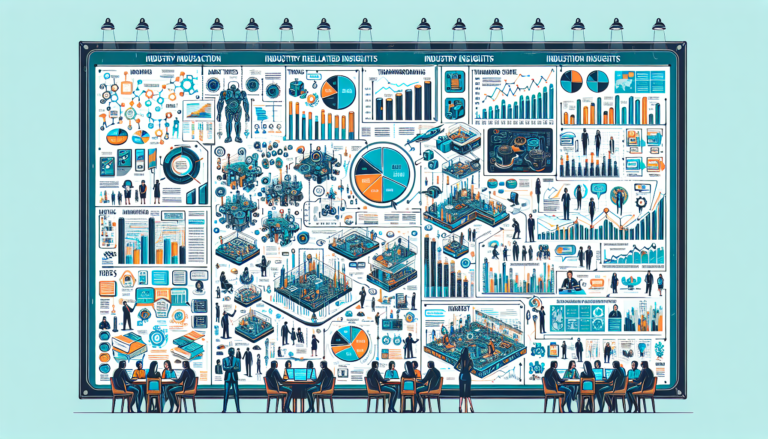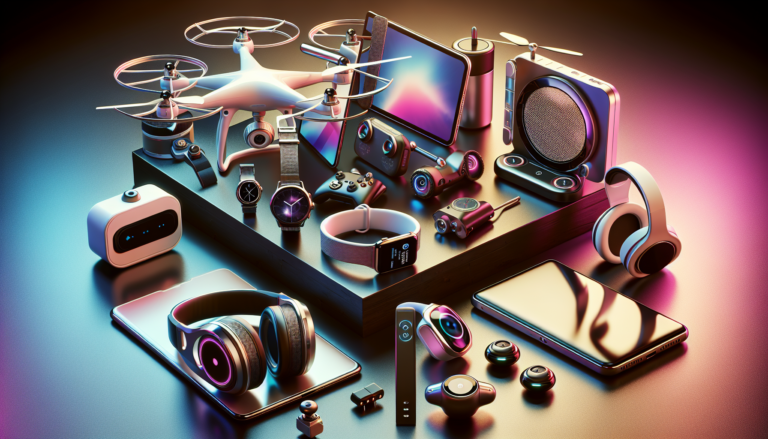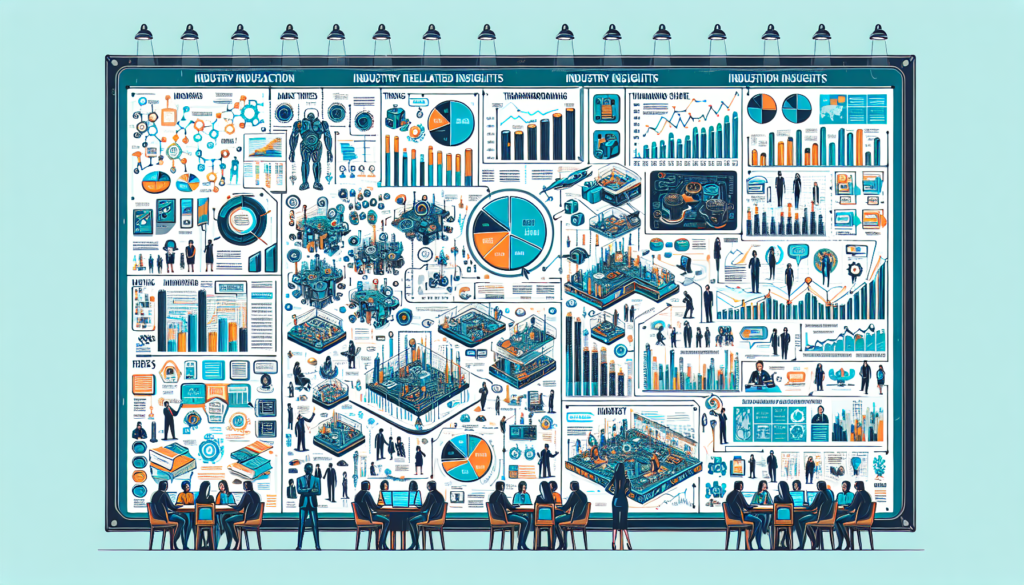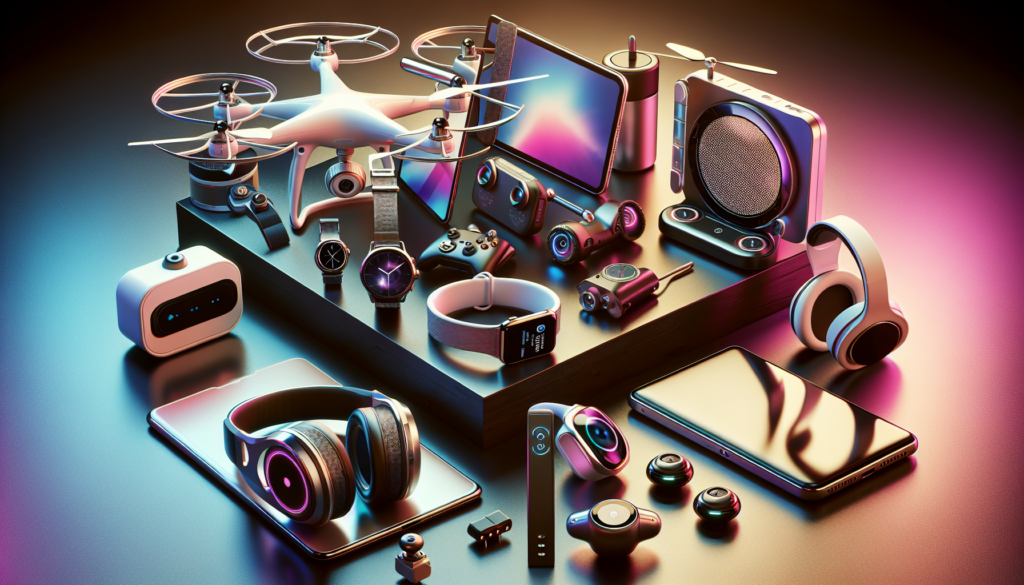The Future is Now: How AI is Revolutionizing Everyday Life
AI in Healthcare: Transforming Patient Care
Artificial intelligence is dramatically reshaping the healthcare landscape. From improving diagnostic accuracy to personalizing treatment plans, AI technologies are enhancing patient care in ways previously thought impossible. Machine learning algorithms analyze vast amounts of medical data, which helps in early disease detection and predicting patient outcomes. For instance, AI-powered imaging systems can identify anomalies in X-rays or MRIs with remarkable precision, allowing radiologists to catch conditions like cancer at earlier stages.
Moreover, AI is streamlining administrative processes, reducing wait times, and minimizing human error. Chatbots and virtual assistants are becoming commonplace in hospitals and clinics, offering patients instant access to information about their health conditions, lab results, and appointment scheduling. These innovations not only enhance the patient experience but also free up healthcare professionals to focus on more complex tasks, ultimately leading to improved health outcomes.
Smart Homes: The Rise of AI-Driven Technology
As technology continues to evolve, homes are becoming smarter and more connected than ever before. AI-powered devices are transforming the way we live, making our homes more efficient, secure, and convenient. Smart speakers like Amazon Echo and Google Home serve as the central hub for controlling everything from lighting and heating to security systems.
Imagine walking into your home and having the lights automatically turn on, the thermostat adjust to your preferred temperature, and your favorite music start playing—all thanks to AI. These systems learn from your habits and preferences, creating a personalized living environment. Additionally, AI-driven security systems can monitor your home in real time, alerting you to any unusual activity and even recognizing familiar faces, adding an extra layer of safety.
AI in Transportation: The Road Ahead
Transportation is another field where AI is making significant strides. The development of autonomous vehicles is perhaps the most talked-about advancement in this area. Self-driving cars leverage sophisticated AI algorithms to navigate roads, detect obstacles, and make real-time decisions. Companies like Tesla and Waymo are at the forefront of this technology, aiming to create safer and more efficient transportation systems.
Beyond autonomous vehicles, AI is also optimizing public transport. Predictive analytics help transit agencies anticipate demand, improve scheduling, and enhance route efficiency. Commuters can benefit from AI-powered apps that provide real-time updates on traffic conditions, public transport schedules, and alternative routes, making daily travel smoother and more predictable.
AI in Education: Personalizing Learning Experiences
The educational landscape is experiencing a transformation with the integration of AI technologies. AI-powered learning platforms can assess individual student performance and tailor educational content to meet their specific needs. This personalized approach fosters a more engaging learning environment, allowing students to progress at their own pace.
Intelligent tutoring systems provide immediate feedback and support, helping students grasp complex subjects more effectively. Furthermore, AI can assist teachers in administrative tasks, such as grading and lesson planning, allowing them to focus more on teaching and less on paperwork. As a result, both students and educators are benefiting from a more dynamic and responsive educational experience.
AI and the Workplace: Enhancing Productivity
The workplace is witnessing an AI revolution, with businesses leveraging technology to enhance productivity and streamline operations. AI tools can automate repetitive tasks, analyze data for insights, and improve decision-making processes. For instance, customer service chatbots can handle routine inquiries, freeing human agents to tackle more complex issues.
Moreover, AI-driven data analytics can provide businesses with valuable insights into consumer behavior and market trends, enabling them to make informed strategic decisions. Companies that embrace AI technology are often able to outpace their competitors, as they can quickly adapt to changing market conditions and consumer demands.
AI in Finance: Redefining Financial Services
The financial sector is also experiencing a significant transformation due to AI. Algorithms can analyze financial data in real time, allowing for faster and more accurate risk assessments. This capability is particularly beneficial for investment firms that rely on data-driven decisions to maximize returns.
Moreover, AI enhances fraud detection by identifying unusual patterns in transaction data, thereby protecting consumers and institutions from potential threats. Robo-advisors, powered by AI, provide personalized investment advice based on individual financial goals and risk tolerance, making financial planning more accessible to a broader audience.
AI in Entertainment: Creating Immersive Experiences
The entertainment industry is harnessing the power of AI to create more immersive and engaging experiences for audiences. Streaming services like Netflix and Spotify use AI algorithms to analyze user preferences and recommend content tailored to individual tastes. This personalized approach keeps users engaged and satisfied with their viewing or listening choices.
Additionally, AI is transforming content creation. From generating music and art to writing scripts, AI technologies are pushing the boundaries of creativity. Filmmakers are experimenting with AI-generated visual effects and animations, creating new artistic possibilities that were previously unimaginable.
AI in Retail: Revolutionizing Shopping Experiences
AI is also revolutionizing the retail landscape, enhancing the shopping experience for consumers. Retailers are using AI-powered tools to analyze customer data, enabling them to offer personalized recommendations and targeted promotions. This level of personalization not only improves customer satisfaction but also drives sales.
Moreover, AI-driven inventory management systems help retailers optimize stock levels, reducing waste and ensuring that popular products are always available. Augmented reality (AR) applications powered by AI allow customers to visualize products in their own space before making a purchase, creating a more interactive shopping experience.
Ethical Considerations in AI Development
As AI continues to permeate various aspects of daily life, ethical considerations surrounding its development and deployment are becoming increasingly important. Issues such as data privacy, algorithmic bias, and the potential for job displacement are at the forefront of discussions among technologists, policymakers, and the public.
Developers must prioritize transparency in AI systems, ensuring that users understand how their data is being used and how decisions are made. Additionally, addressing algorithmic bias is crucial to preventing discrimination and ensuring fairness across different demographics. As society embraces AI, it is essential to create guidelines and regulations that promote ethical practices while fostering innovation.
The Role of AI in Sustainability
AI technology is playing a vital role in promoting sustainability and addressing environmental challenges. From optimizing energy consumption in smart grids to improving waste management systems, AI applications are helping organizations and individuals reduce their carbon footprint. For example, AI algorithms can analyze energy usage patterns in real-time, enabling businesses to implement strategies that minimize waste.
Moreover, AI is being utilized in agriculture to enhance crop yields while reducing resource consumption. Precision farming technologies use AI to analyze soil health, weather patterns, and crop performance, allowing farmers to make informed decisions that promote sustainable practices.
In conclusion, AI is not just a futuristic concept; it is already transforming everyday life in profound ways. From healthcare to education, transportation to entertainment, the impact of AI is undeniable. As we continue to integrate these technologies into our daily routines, it is essential to remain vigilant about ethical considerations and work towards a future where AI serves humanity’s best interests.














